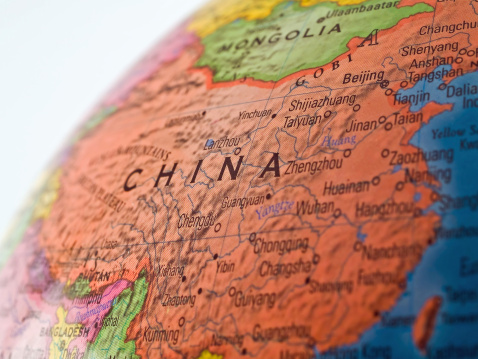
Russia already sends 15 million metric tons (about 110 million barrels) of crude annually to China through the Eastern Siberia Pacific Ocean (ESPO) pipeline that was completed in 2009. That is a small percentage of Russia’s total crude production of about 3.8 billion barrels a year.
Rosneft, which controls about 40% of that production, also signed a deal with commodities trading house Trafigura to supply the trading house with about 73 million barrels of crude over the next five years. The Russian behemoth also signed a third deal to supply the Czech Republic with nearly 60 million barrels of crude through 2016.
Rosneft, which last year acquired all of TNK-BP’s assets from its previous owners, BP PLC (NYSE: BP) and a Russian firm owned by four of the country’s richest oligarchs, has not been a particularly well-run enterprise. The oil giant issued public shares in 2006 at a market cap of around $80 billion, which has shrunk to less than $70 billion today, about the same amount as its net debt. Rosneft paid a total of $55 billion for TNK-BP.
About a quarter of Russia’s GDP comes from its oil and gas production and more than 50% of the country’s total revenues. Falling crude prices and a restive European market for natural gas threaten to weigh heavily on growth. Closer ties with China are the current solution.
Travel Cards Are Getting Too Good To Ignore (sponsored)
Credit card companies are pulling out all the stops, with the issuers are offering insane travel rewards and perks.
We’re talking huge sign-up bonuses, points on every purchase, and benefits like lounge access, travel credits, and free hotel nights. For travelers, these rewards can add up to thousands of dollars in flights, upgrades, and luxury experiences every year.
It’s like getting paid to travel — and it’s available to qualified borrowers who know where to look.
We’ve rounded up some of the best travel credit cards on the market. Click here to see the list. Don’t miss these offers — they won’t be this good forever.
Thank you for reading! Have some feedback for us?
Contact the 24/7 Wall St. editorial team.




